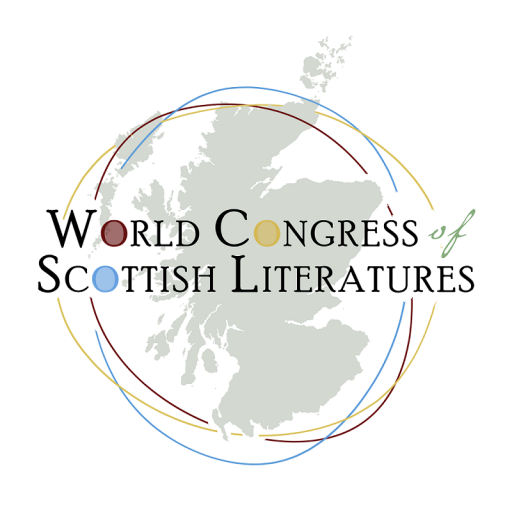‘We’re warriors. We’re Celts’[1] – Glory and the (Neo-)Imperial Question in Gregory Burke’s Black Watch
Since its original performance during the NTS’s inaugural 2006 season, Gregory Bure’s Black Watch has gained a somewhat iconic status amongst theatre-goers and critics alike. Still, although the author and the production team have powerfully stressed the play’s role in combating prejudice about modern day soldiers and emphasising betrayal experienced by Scotland’s oldest regiment which became amalgamated with the Third Battalion of the Royal Regiment of Scotland during their 2004 tour in Iraq, the drama simultaneously draws attention to the discursive strategies employed to foster the squaddies’ identity and sense belonging. While the Scottish, and especially Highland, Soldier has enjoyed an iconic status in in Scottish and British culture, the Black Watch’s use of ‘Celtic’ and ‘tribal’ identification in its quasi-historical account of the regimental tradition, raises serious questions about Scotland’s contemporary mythopoetics. Drawing on the Highlanders’ complicated experience of imperial colonialism of the past[2] as well as the criticism of Scotland’s complicity in the contemporary acts of neo-imperial violence,[3] this paper explores the contradictory political and cultural discourses informing the construction of identity and belonging in the NTS flagship drama suggesting that the messages the play conveys are more complex than the enthusiastic reviewers and politicians may wish to accept.
Paula Sledzinska, University of Aberdeen
[1] Gregory Burke, Black Watch, (London: Faber and Faber, 2007), p.31
[2] See Silke Stroh, ‘Transperipheral Translations? Native North American / Scottish Gaelic Connections’ in Translation of Cultures ed by Petra Rüdiger and Konrad Gross, ASNEL Papers, Volume: 106/13, (2009)
[3] See Graeme Macdonald, ‘Complicity, Resistance and Distance: Iraq, Afghanistan and the New Imperialism in Contemporary Scottish Literature’, paper delivered at ESSE seminar ‘Dis/Placing the British Empire: Theoretical and Critical Views from Scottish Studies’, ESSE Conference, Turin, 15/08/2010
